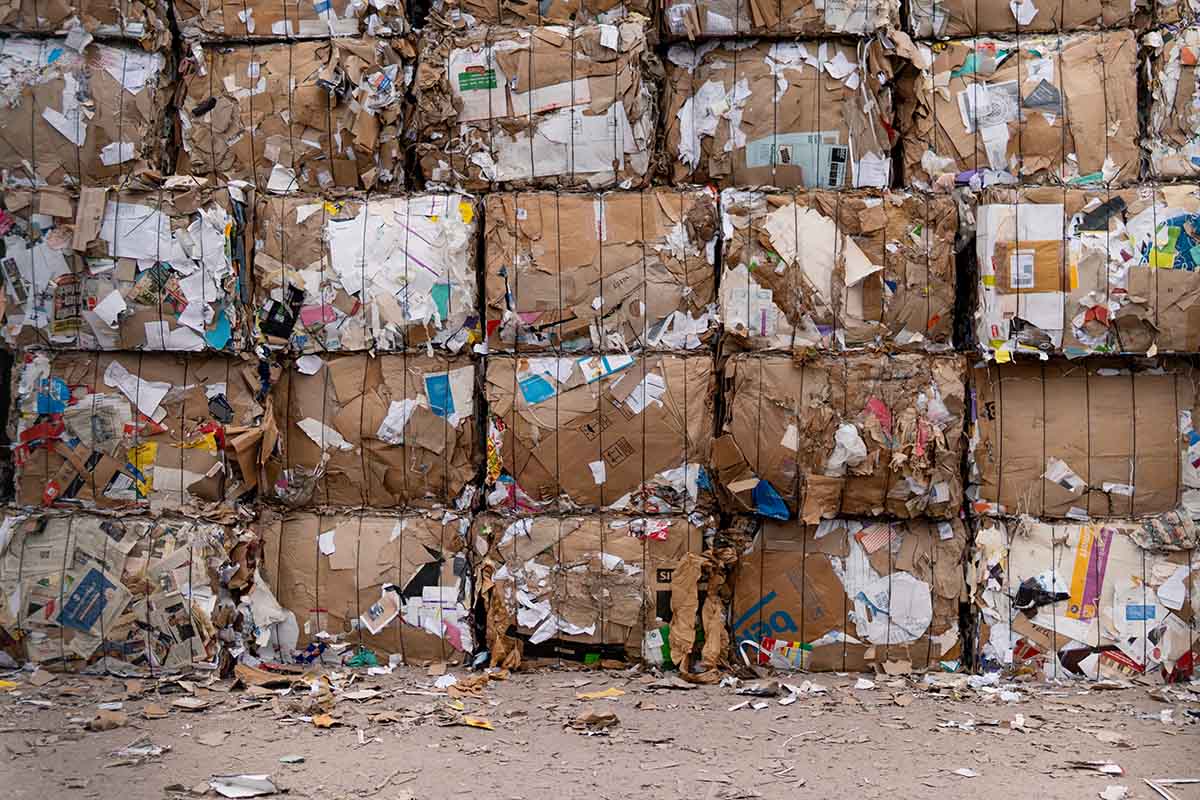5 Major Problems The Waste Management Industry Faces
As of January 2022, available data indicate that the US has about 7,986 waste management businesses. These companies are fully operational establishments serving various states. As expected of any industry, some challenges cast a shadow over their activities. Despite these shortfalls, they still manage to perform their primary waste collection function. Below are some top problems worth noting.
Excessive downtime
A major element that saps productivity is downtime. While it cannot be avoided, businesses can ensure that it happens less. However, in the waste management industry, downtime is frequent and excessive. According to 2017 research on waste management companies, downtime frequently occurs because of inadequate attention. The findings stated that many waste management employees punch in their timecards when it’s time to work.
After the machinery is turned on, what happens is a litany of activities unbeneficial to work. For instance, lengthy phone calls and long lunch breaks eat into productivity. Furthermore, frequent absences without prior notice are rampant among employees. Labor experts say it all boils down to effective structures and management. When these are set in place, experts believe downtime will be greatly minimized in the sector.
Inadequate tracking technology
Did you know that waste management companies use software to track and monitor their trucks? The routing software for garbage trucks helps optimize collections and minimize exposure to safety hazards. It improves efficiency, eliminates downtime, and, most importantly, enhances customer service.
Unfortunately, some challenges inhibit the efficient utilization of this routing software. According to wastetodaymagazine.com, lack of training and high employee turnover in the sector makes it impossible to use the software efficiently. Fortunately, after the COVID-19 first and second waves, there has been progressing in using routing software for garbage trucks.
Looming lack of industry expertise in future
According to reports, many employees involved in the direct waste collection often lack industry expertise. The problem arises due to people’s need to get a job – any job for that matter. Due to this, many employees learn on the job. While the practicality bit offers some respite, it is not enough. The skill shortage is a critical issue that needs immediate resolution.
The crux of the matter is that the country could face a dire industry shortage of expertise in the future. Waste management goes beyond the physical collection of waste. It involves technicians, machine operators, recycling experts, etc. The sector requires a highly-skilled workforce to keep the industry moving along.
Having a reliable talent pool can help resolve the sector’s lingering fears. Moreover, there is a call for coming generations to nurture an interest in waste-centric career paths. Without a doubt, laying the foundation now can provide some crucial answers.
Inadequate safety performance audits
Already, waste management companies have to deal with all kinds of exposure that compromise their safety. Chemical and biological hazards are two of several safety issues they have to contend with. Mechanical exposure also increases the risks of injuries. Therefore, it is not surprising that the waste management industry continues to look for ways to improve safety.
The sector is legally obligated to conduct periodic safety compliance audits as part of its operations. These audits involve the inspection of operational waste plants and trash trucks. Apart from that, all employees must upgrade or update their knowledge on waste safety.
Unfortunately, the reality is far from what is expected on the ground. While many waste management companies conduct these safety audits, a few others lag in that regard. This creates a problem for the majority who adhere to the sector’s rules and regulations.
Creating a bigger market for recycled products
Indeed, waste management is not all about transferring trash to landfill sites. A critical part of the sector involves recycling. While the US market has embraced recycling, there is still a need for more. The sector believes proceeds from recycled products could provide solid ground for sustainable waste management operations. Unfortunately, financial projections are sharply different from what happens on the ground.
The sector continues to appeal to a larger market for recycled products. They also believe more can be done with recycled products. It probably explains why the sector commits more funds to recycling research. Currently, only 30% of waste is recycled. There is hope that it will increase to 75% by 2025.
Hopefully, if you plan to start a business in waste management, you can enter the field with these points in mind. Having a workable plan can significantly contribute to your success in this business.




















